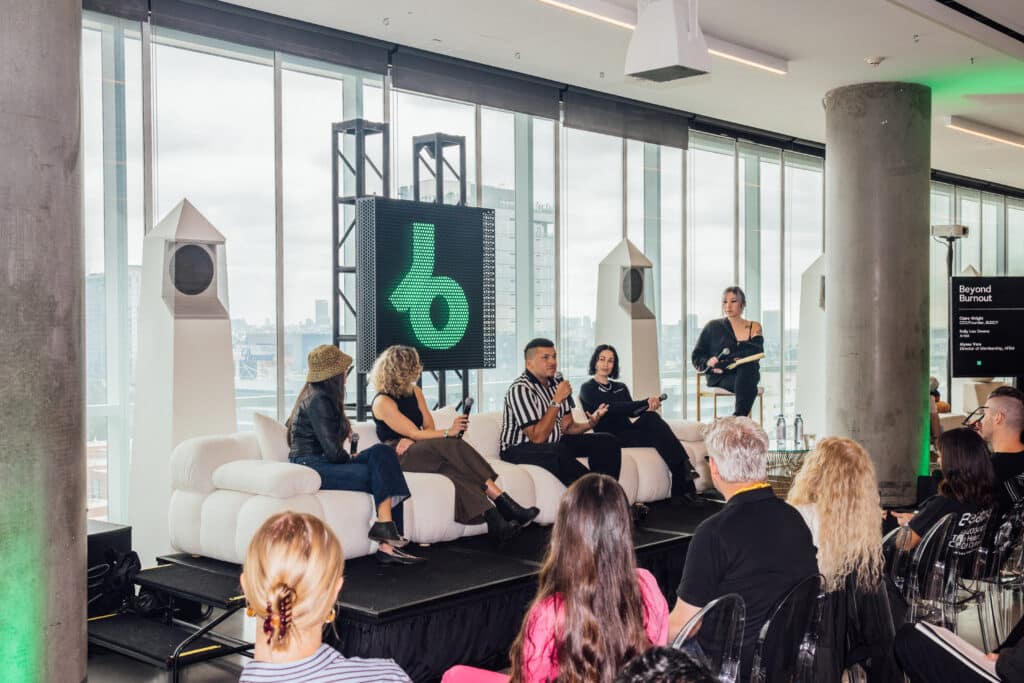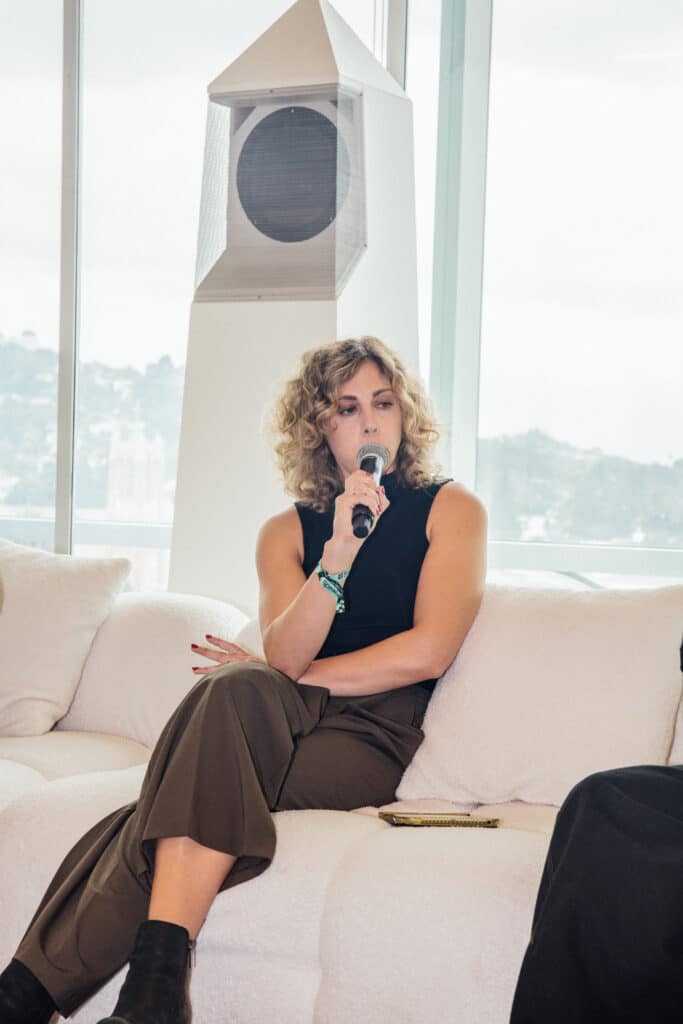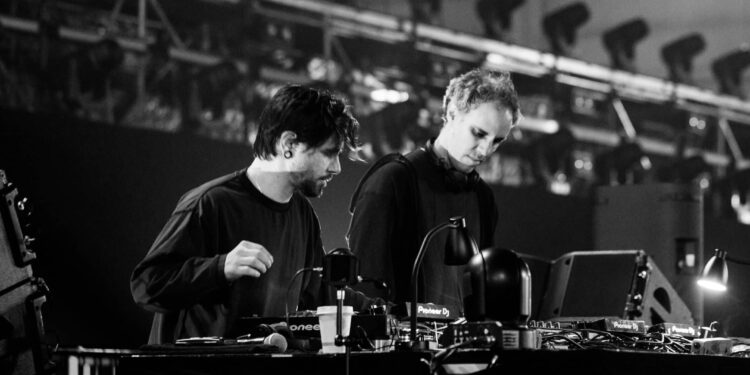Beatport hosted its inaugural Beatport Connect LA in Hollywood, which proved to be a huge success for those breaking into the music industry.
Beatport hosted its first Connect summit in Los Angeles on September 26 at the W Hotel in Hollywood. An event for emerging artists, the one-day event brought together artists, industry leaders, and innovators to discuss where electronic music is headed. Eight back-to-back panels covered everything from building a career in today’s attention economy to the role of AI in creativity, with appearances from Dillon Francis, Sofi Tukker, and Francis Mercier. This included representation from agencies and labels such as Wasserman or Insomniac Records.
The panels were all informative and reiterated the many different challenges of the music industry. The main lesson was that the future of electronic music will be shaped by authenticity, inclusivity, and collaboration, even as new technology emerges. The event concluded with a few hours of networking with other attendees, followed by a special Insomniac Records x Beatport after-party to top it all off, featuring artists DJ Minx, J. Worra, and Maesic.
Beatport Connect LA was a great event overall. That kind of access to that many folks in the industry is rare when you’re just starting out. It’s safe to say we’re excited for the next one, although I hope that it expands to two days to provide some lengthier breaks in the schedule. To give you a taste of what we heard from industry professionals at the conference, here are five things we learned at Beatport Connect LA.
Five Things We Learned From Beatport Connect LA
Being Authentic is the Best Way to Succeed
My personal favorite panel of the day featured Dillon Francis and others talking about the attention economy. Dillon reminded the audience that success online is not about chasing trends. Instead, it comes from showing the process, even if you are doing everything alone. Audiences love underdog stories and transparency. Building a team eventually helps expand reach, but in the early days, owning the do-it-yourself hustle can be a strength.

Sofi Tukker’s Unique Backstory Led to Their Success
The Sofi Tukker panel highlighted how the duo first came together. Tucker was interested in Sophie’s Portuguese poetry and encouraged her to sing and pick up the guitar, with the rest being history. Their story showed how collaboration and trust can create something really successful. It felt like they made a promise to one another, and that promise has paid off with two GRAMMY nominations, countless shows, and standout albums in their discography.
Safe Spaces Are Key
The panel on nightlife, identity, and LGBTQ spaces highlighted the importance of inclusive environments for dance music. When events are designed with marginalized communities in mind, they let people of all backgrounds express themselves. The speakers discussed how those audiences bring the same energy into broader contexts, supporting artists across various stages and venues. DJ Minx especially emphasized how much she appreciates that support, being a queer artist herself.

Building a Team is Part of the Job
Francis Mercier’s panel emphasized that artistry extends beyond music. He manages seven other artists while working on his own art. His key point was the importance of surrounding yourself with the right people. Delegating tasks allows an artist to focus on what matters most creatively while others handle management, publicity, or logistics. The lesson for emerging artists is to share your vision clearly so collaborators can bring it to life, and that when we all work together, we all benefit.
AI’s Role in the Industry is Still Unclear
Lastly, the discussion on AI and creativity acknowledged the technology’s growing presence but also how little is known about its long-term role in music. AI’s integration into production and songwriting will evolve slowly. For now, the best approach is to keep building community and focusing on the human connection. Adaptability matters more than predicting which tools or how those tools will look in the future.








